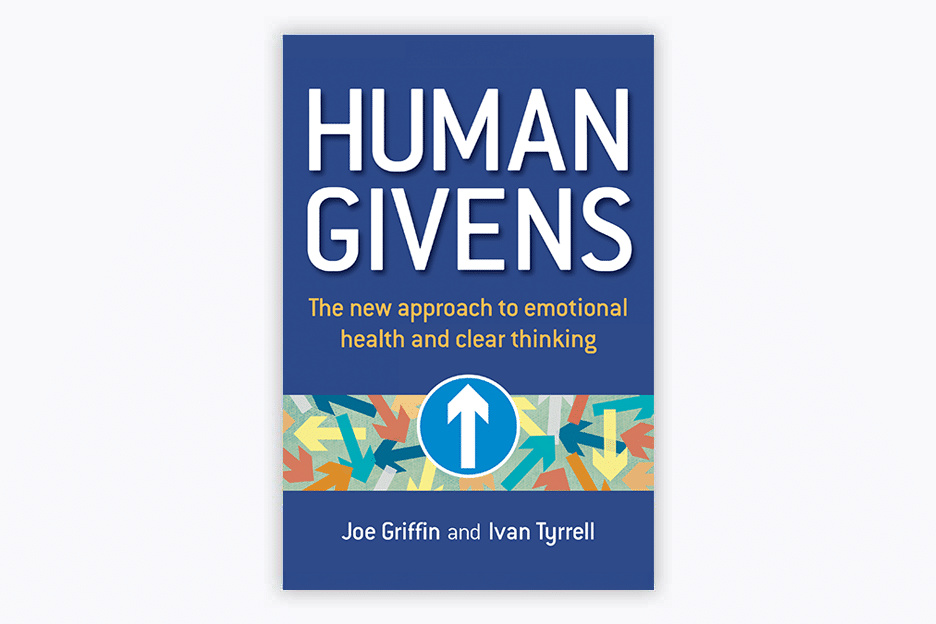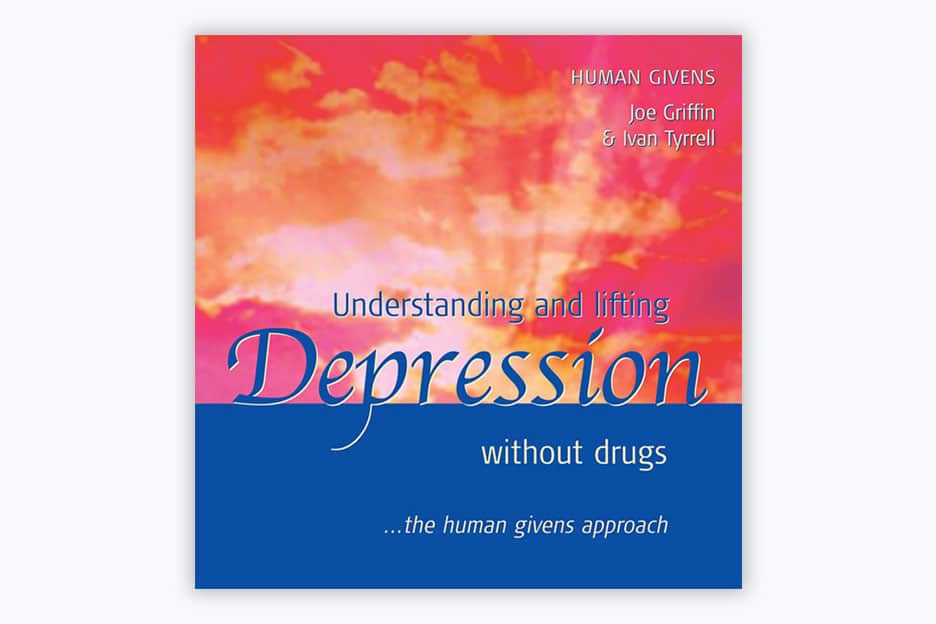Regrets Are Mostly Imagined
We don’t know how things would have turned out
Key points:
- Regret is the emotion we may feel when a choice we made didn’t result in a good outcome.
- But research shows that we commonly over-estimate how opportunities not taken would actually have panned out.
- Excessive regret arises from misuse of the imagination and can lead to depression.
After Nazanin Zaghari-Ratcliffe’s glorious release from captivity in Iran, an Observer journalist reflected on an interview she had held with Nazanin’s husband Richard, 18 months into Nazanin’s imprisonment.
Despite the news he had just received that his wife might face an added 16 years in prison, he said, when asked how he was coping, “I really don’t dwell on what I’ve lost. I find it easier to think about the things we will do when they are back. I hold on to that.”¹
I expect such positive use of his imagination contributed in no small way to his ability to keep strong and hopeful over many more years of setbacks and struggle. Regret is a useful emotion only if we learn from it.
It is common to misuse our imaginations about whatever we have lost or failed to take advantage of, resulting in self-castigation and, often, descent into depression. Researchers have recently demonstrated, however, that we have a tendency to over-estimate how opportunities not taken would have turned out.
This article was first published on Psychology Today, and was written by Denise Winn.


